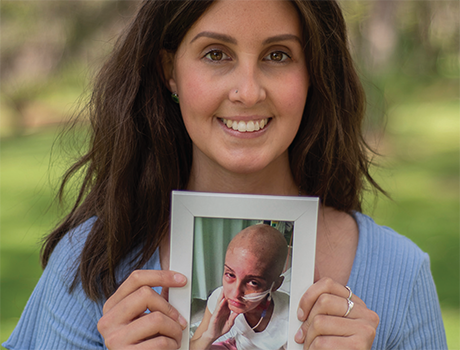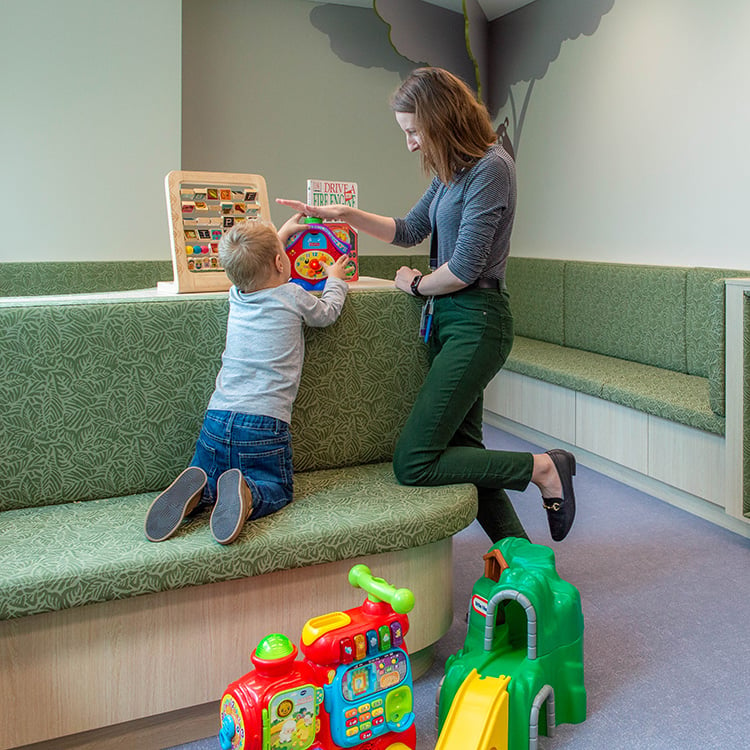Search

News & Events
Meet the Researcher: Dr Samantha CarlsonDr Samantha Carlson is an early career mixed-methods social scientist, leading research that seeks to understand how to improve access to and understanding about vaccination.

The Imogen Miranda Suleski Fellowship is an annual award for early-career post-doctoral researchers at The Kids Research Institute Australia.
Billionaire Stan Perron has made donations to The Kids as part of the Stan Perron Charitable trust totaling $500,000 a year. Read more about his generosity
Explore inspiring stories of research, resilience, and community impact in every edition. Read the latest issue below.


Early intervention in autism is proving a game changer.

Create happy, healthy futures for generations of children

CliniKids provides therapy support and individualised programs to help children and families to reach their full potential.
